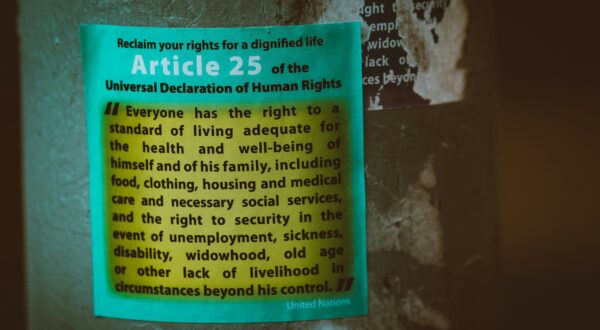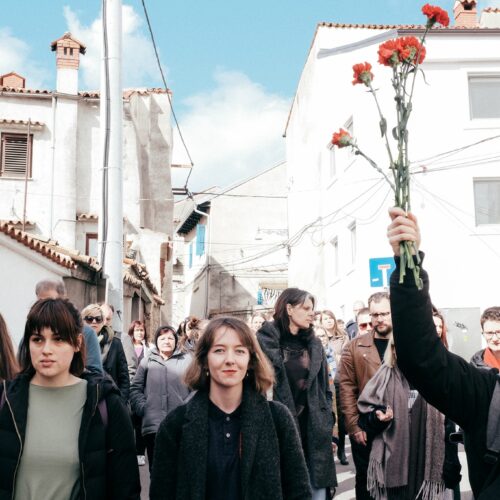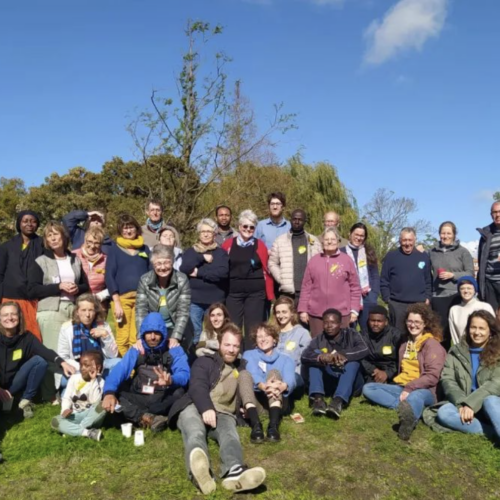The Emergent Justice Collective is a collective of lawyers, activist scholars and advocates who came together in search of a more equitable, sustainable, and inclusive way of engaging in international justice work. Its founding members are Valentina Azarova, Amanda Ghahremani, Ashley Jordana, Alexandra Lily Kather and Lisa-Marie Rudi.
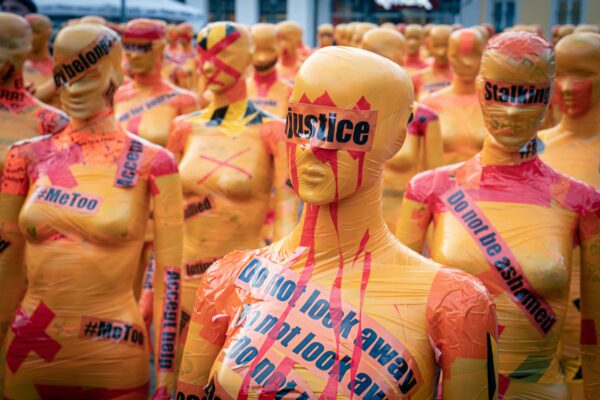
The EJC seeks to nurture the emergent counterculture to dominant practices in the international justice space. International law is rooted in coloniality and dominated by white supremacy culture.
Punitive justice and carcerality are essentialized as the most viable models of justice.
Their struggle is to counter these practices in both the substance of the work they do and the manner in which they engage with each other.
The collective collaboratively pursues strategies, including legal interventions, to further structural change of oppressive systems at the root of global injustice. They do this by centering intersectionality, community, healing, and transformation in justice and accountability processes.
Recognizing that process is just as important as outcome, they are committed to embodying care, solidarity, interdependence, and collectivity over individualism.
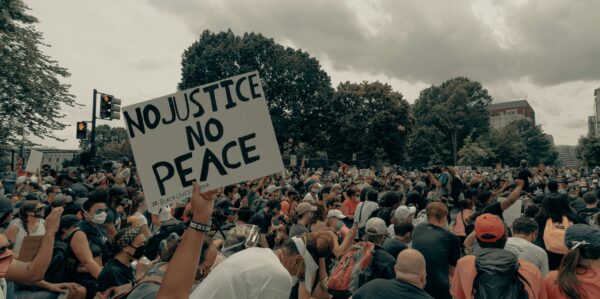
The EJC came into existence because the members deeply felt the transformative potential of setting the emphasis on how they work with one another on an equal footing with what they work on. Most of the harm folx experienced and witnessed was deeply rooted in an unwillingness to examine privilege and power relations within “human rights work”. “Solidarity” and “universalism” of human rights was utilized to not “see” racial discrimination, sexism and many other forms of systemic discrimination being perpetuated in the very same organizations that seek to litigate human rights violations.
“Emergent Justice Collective is an affirmative yes away from such realities towards feminist leadership curious of ever evolving change among our collective and among ourselves.”
The crew are guided by principles of feminist leadership recognizing the importance of reflexivity while engaging through tools such as the positionality wheel in examinations of self and their relationship to privilege. They purposefully decided against the one or two persons at the top leadership model, despite the fact and because it is the default leadership model. At the foundation of EJC lies the belief that radical change starts within ourselves as individuals as part of larger collectives. They seek to engage in projects that create tools and examples of intersectional approaches to the way they work with one another and the importance of infusing intersectional approaches to the substantive work (both pillars have been reflected in the Webinar Series on Intersectional Approaches to International Criminal Law and Practice and will again form part of the discussion at the Catalyzing Change conference in April).
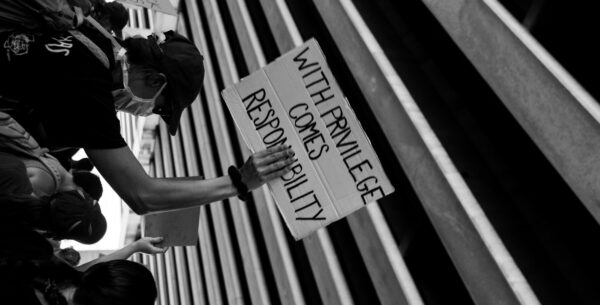
In the Support and Solidarity program, the ECJ crew intentionally invited participants to join the program, after getting to know those interested in discovery calls. Preference was given to persons who have been and are currently affected by systems of oppression, particularly those that experience discrimination and abuse based on multiple, intersecting parts of their identities. The group that is currently participating in the program includes folks of various identities from communities affected by atrocity crimes and systemic injustices and racism, some of whom have been displaced and are working under oppressive systems. They began the journey by openly examining their individual positionalities and engaged in an intersectional analysis of all their identities and were candid about how they may have an impact in group dynamics. They discussed power and privilege, especially in the ways in which people hold and exercise power in the collective space. They also discussed at length about how folx would call each other in and about practicing self-accountability to ensure that they build a brave space together.
